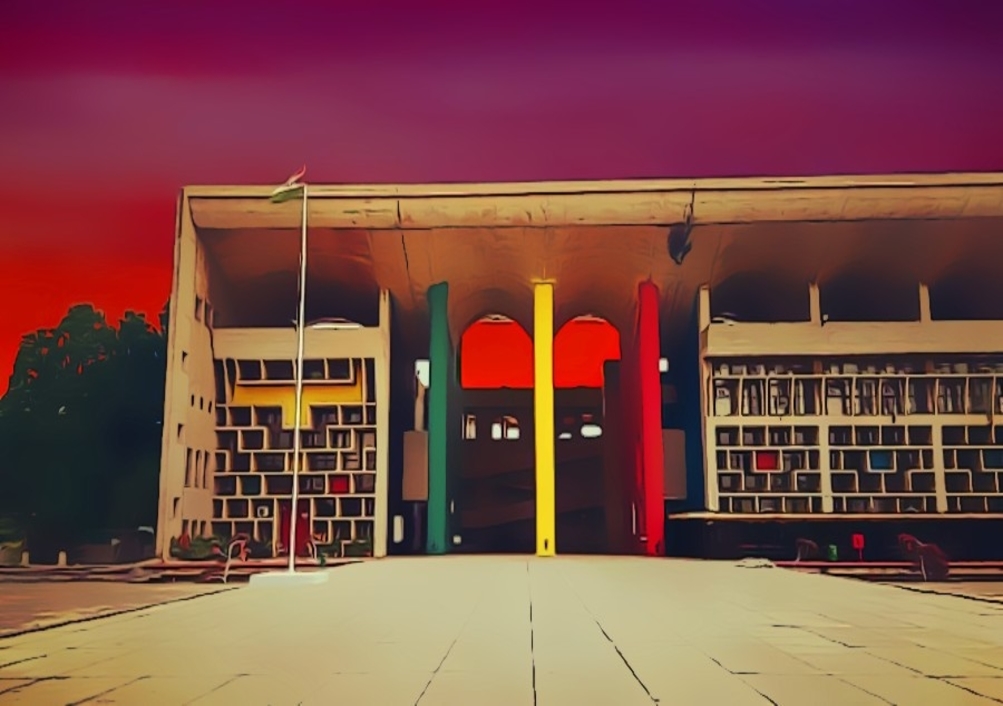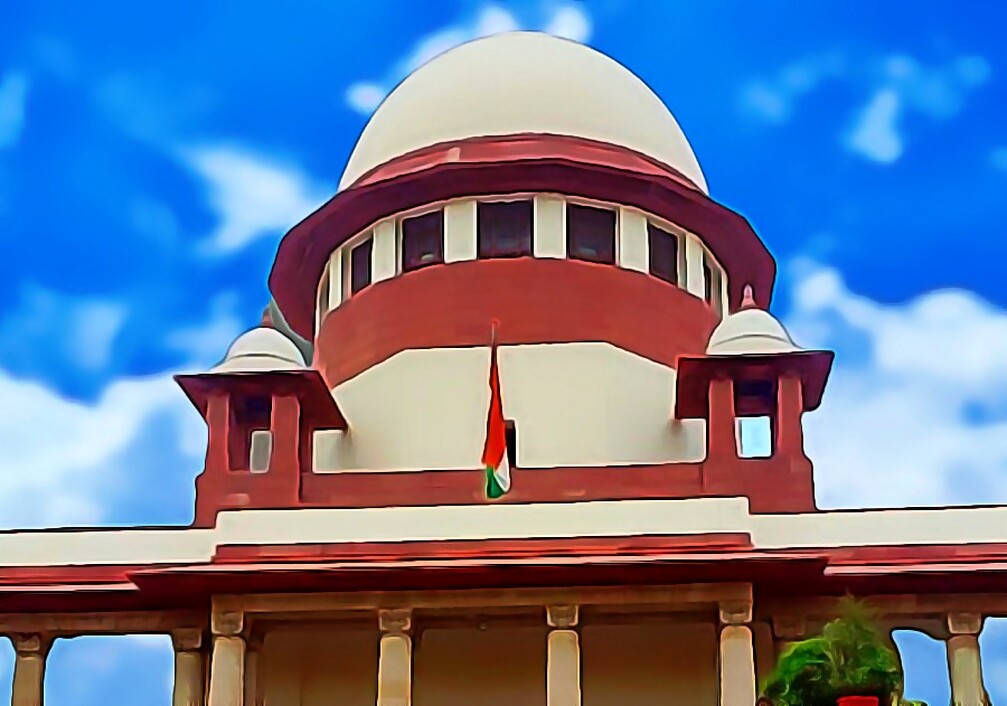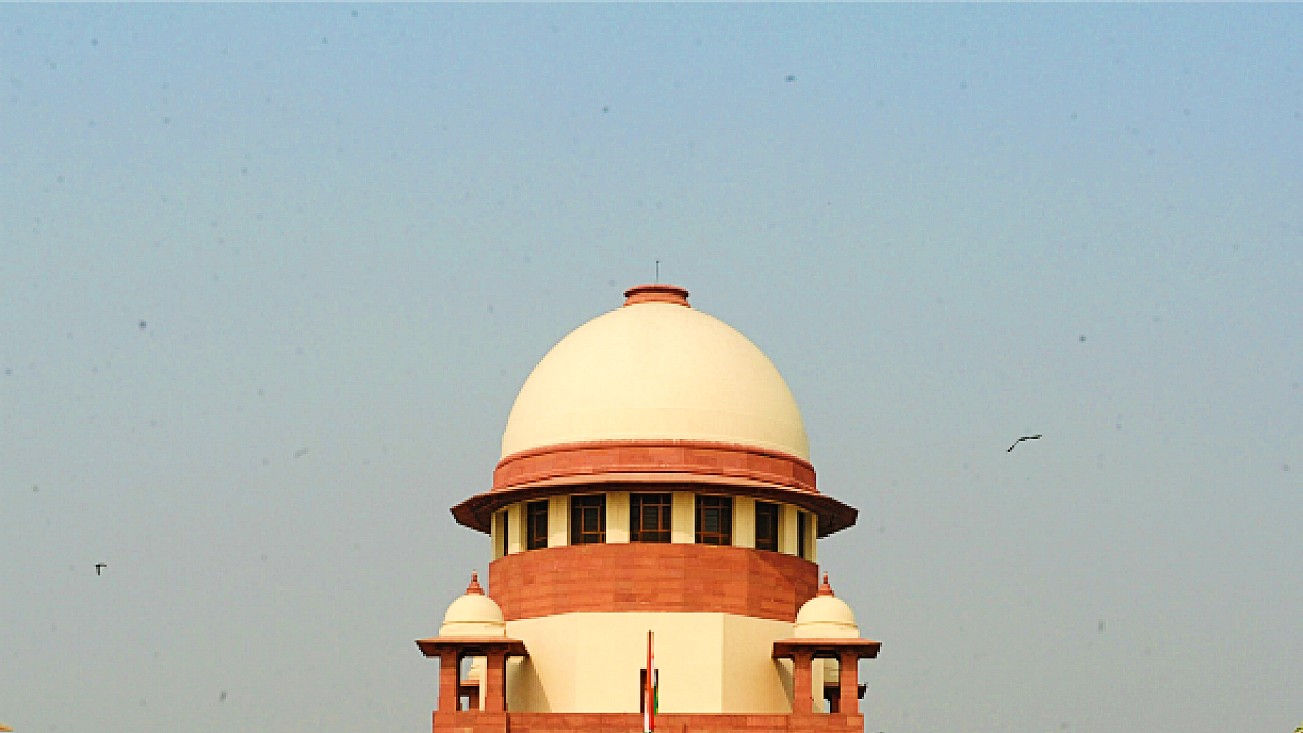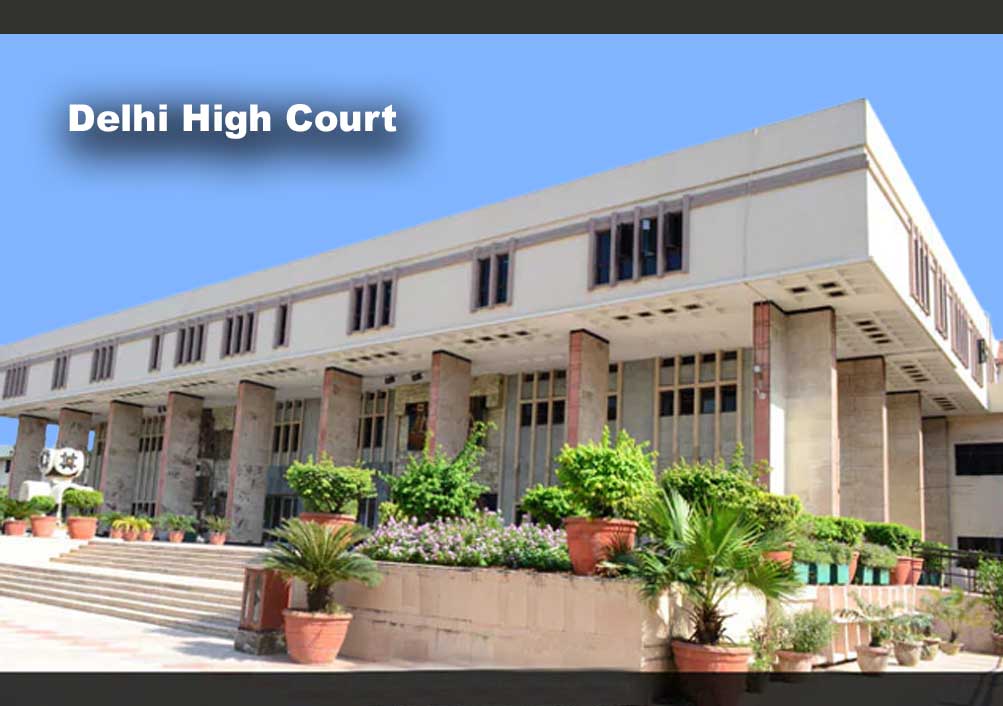Infringement of right to privacy cant be raised to create bubble to scuttle investigation: High Court

Vivek Gupta
Chandigarh, July 27, 2021: The Punjab and Haryana High Court has held that infringement of the fundamental right to privacy cannot be raised to “create a bubble” in order to scuttle the investigation and nullify the evidence collected.
The High Court made the remarks while dismissing a plea of government employees against the Vigilance Bureau’s move to take their voice samples as part of a corruption case.
The brief facts of the case are that the Vigilance Bureau, Punjab received information of money being extorted from the local public at Banga tehsil for getting sale deeds registered. The information was that the petitioners in the present case — both typists at Tehsil Banga Complex — were collecting money for getting the sale deeds registered from the Tehsildar and other revenue officials of the revenue department.
After getting appropriate approval, the mobile phones used by the petitioners were tapped. The FIR was registered after sufficient evidence was collected from the transcripts of the conversations.
During the proceedings, an application was filed by the Vigilance Bureau for permission to take voice samples of the petitioners.
The application was allowed by the local court which now has been challenged by the petitioners in the High Court on the ground that the impugned order of the trial court is in violation of Article 20(3) of the Constitution of India and infringes the right of privacy.
The petitioners’ contention was that in Section 53 of the Code of Criminal Procedure, 1973, there is no power to order taking of voice samples. As per Article 20(3) of the Constitution of India, “No person can be compelled to be a witness against himself”, the petitioners submitted before the HC.
Deciding the matter, the bench of Justice Avneesh Jhingan said, “The infringement of Fundamental Right to Privacy cannot be raised to create a bubble to scuttle the investigation nullifying the evidence collected by merely denying that the voice of the tapped phone calls is not of the petitioners and there being no comparables.”
The bench cited a Supreme Court judgement in Ritesh Sinha vs. State of Uttar Pradesh which held that the direction to take voice samples does not infringe upon Article 20(3) of the Constitution of India.
The bench added that the voice sample in a sense resemble fingerprints and handwriting. Each person has a distinctive voice with characteristic features dictated by vocal cavities and articulates. The samples are collected after having permission in accordance with law. The sample taken itself would not be an evidence, rather they are for comparing the evidence already collected, the HC said.
The bench further stated that with the advancement of technology, the modes of communication are changing. To keep pace with the change, new technology is required to be used for collecting and comparing evidence.
One method being tapping of communication devices but after compliance of the procedure laid down. It is in that context that taking of voice samples are necessitated. The samples collected are not evidence in itself, rather are tools to identify the voice recording collected as evidence, the HC observed.
“The issue raised by learned counsel for the petitioners that Section 53 Cr.P.C. does not empower for directing the taking of voice samples was the second question dealt by the Supreme Court in Ritesh Sinha’s case (supra). The Supreme Court in exercising the powers under Article 142 of the Constitution of India stated that till there is a specific provision in the Cr.P.C. for taking voice samples, the power is conceded to the Judicial Magistrate to order giving of voice samples,” the bench noted.
The HC held, “In view of above discussion, the contentions raised by learned counsel for the petitioners are rejected. Impugned order (of the trial court) is upheld.”
Sign up for our weekly newsletter to stay up to date on our product, events featured blog, special offer and all of the exciting things that take place here at Legitquest.




Add a Comment